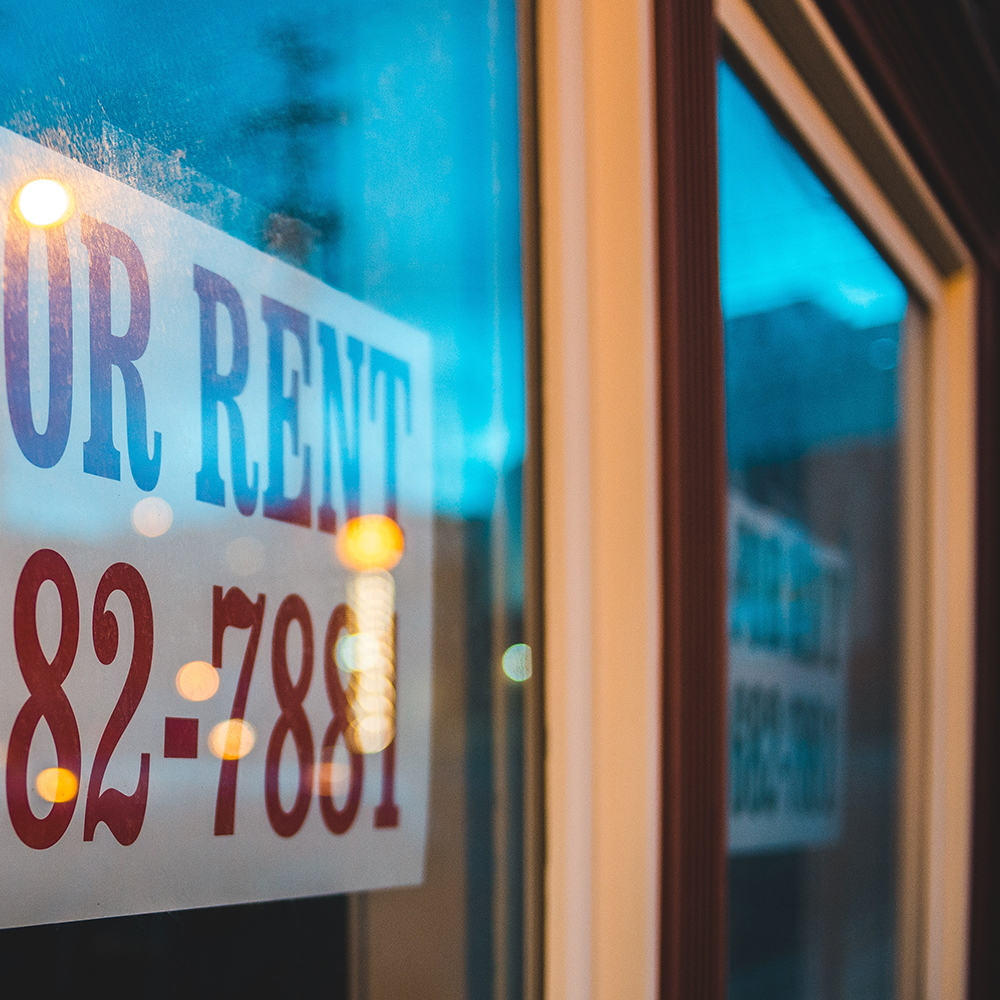When it comes to its perennial housing crisis, the city of Los Angeles will seek out any scapegoat it can find if it means avoiding having to admit the city’s own policies are at the root of the problem.
It should come as no surprise that the city permitted just 17,200 new housing units last year, which is 30% of the number of units the city is mandated to permit every year by the state.
After all, over 70% of the city’s residential land remains zoned for single-family residences, which necessarily limits the number of feasible housing developments that can be brought online.
Then you add in the ongoing deleterious impacts of the city’s transfer tax on high-value properties, including apartments. Researchers at UCLA recently reported this measure “is reducing multifamily housing production in Los Angeles by at least 1,910 units per year—an 18% decline, relative to the 2020–2022 average, among projects with 20 or more units.”
Add in everything else—from the burdens of the city’s rent control ordinance to the city’s sprawling “Historic Preservation Overlay Zones” to the thicket of regulations and permitting processes—and it should surprise no one that the city’s housing woes are self-inflicted.
But rather than repeal or curtail these obvious impediments to homebuilding, the City Council prefers to entertain crackdowns on short-term rentals.
The sharing economy has long bothered government bureaucrats and activists who can’t stand the idea of people using their property to make a profit by providing rooms or entire homes for people to stay in for short periods of time.
In line with this, the Los Angeles City Council approved restrictive home-sharing policies back in 2018 only allowing property owners to rent out their primary residence for a maximum of 120 days per year (with city approval required for longer than that with extended stay permits).
The ordinance is explicit about the fact that the main goal of this is to “protect the city’s affordable housing stock” and that “measures are needed to prevent further conversion of long-term housing stock into short-term.”
At the time, city officials clung to the idea that short-term rentals took offline about 6,000 to 10,000 units that might otherwise be rented by long-time residents. They ignored that there were about 1.45 million housing units in the city in 2017, making it hard to take seriously that a few thousand short-term rental units were an existential threat to affordable housing in Los Angeles.
Since Los Angeles City Hall is where bad ideas become law, they went ahead with this anyway. Naturally, the city of Los Angeles hasn’t gotten any more affordable since the implementation of the measure.
But now, city leaders and activists are saying maybe the problem is that the city’s stance against short-term rentals isn’t draconian enough.
Accordingly, the council recently voted to move on proposals to crack down on short-term rentals, including the possibility of a private right of action to incentivize neighbors to sue each other for violations of the city’s onerous short-term rental policies.
This comes even as property owners willing to comply with city rules have complained that the city takes forever to get around to issuing permits and approvals. “They make the rules impossible to follow,” complained property owner Frank Krentzman. “I comply. The city treats me like I’m a criminal at every turn.”
The council has also explored an outright ban on extended stay permits for stays longer than 120 days. This latter provision prompted some pushback from local business groups, as about 40% of short-term rentals in Los Angeles are currently covered by extended stay permits.
“The short-term rental industry alone contributes millions in Transient Occupancy Tax (TOT) to the city’s budget each year—funds that are vital for supporting public services and community investments,” the business groups argued in a letter. “Restricting home-sharing would have a dramatic negative impact on this revenue stream, creating a budget shortfall at a time when our city can least afford it.”
Meanwhile, people in the business of renting out rooms and properties pointed out that greater restrictions come with negative consequences. “Proposals to significantly limit the number of rental days allowed would not only fail to meet our financial needs but would also feel punitive and unfair to those of us who are just trying to stay afloat,” one owner wrote to the city. “We ask for consideration and a balanced approach that doesn’t force families like mine out of their homes.”
Of course, the activists don’t care. “We’re encouraged by today’s development, and remain hopeful that increased regulation and risk of litigation will compel compliance with existing laws,” declared the activist group Strategic Actions for a Just Economy. “We need to do everything we can to preserve affordable rental housing for all Angelenos!”
They and the like-minded politicians on the Los Angeles City Council are fundamentally misguided. Beyond enforcing existing nuisance laws, there is little legitimate reason for City Hall to be policing to whom and for how long property owners are renting out their properties. If one wants affordability in the city of Los Angeles, the answer is to promote an abundance of housing, not to micromanage every housing unit on the market.
The city of Los Angeles has obvious solutions at hand and is deliberately choosing not to embrace them. Picking on short-term rentals might make progressive activists feel satisfied, but they won’t do much but hurt property owners and visitors.
Sal Rodriguez is opinion editor for the Southern California News Group and a senior fellow with the Pacific Research Institute. He is the author of Dynamism or Decay? Getting City Hall Out of the Way, published by the Pacific Research Institute.


